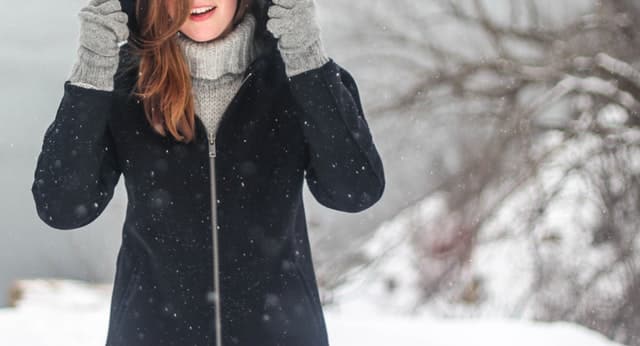Winter is in full swing. When you are bundling up to protect yourself from the cold, make sure to think about your hearing aids too. These complex electronic devices are susceptible to damage from cold weather and moisture.
The Effect of Moisture

While the cold itself is not damaging to your hearing aids, the condensation that occurs due to changes in temperature is. This is especially true when going from a well heated home into the elements. A drastic drop in temperature can cause condensation to occur, which damages the internal components of your hearing aid as well as the battery.
Signs of Damage
Moisture can destroy the microphone and receiver in your hearing aid, as well as clog the tubing and cause corrosion. Some common signs your hearing aid has been damage include:
- Loud noises cutting out
- Sounds fading in and out
- Static being heard
- Hearing aid turning on and off
Hearing Aid Fixes
Before heading into the office to have a Wilmington audiologist look at your hearing aids, try some of these at-home fixes first:
- Turn your hearing aid on and off
- Replace the battery
- Clean the points where the battery touches the hearing aids, removing any moisture with a cotton swab
- Inspect the earmold and make sure the sound outlet is not clogged
- Examine tubing for moisture
If your hearing aids are still having problems, an office visit is required.
Prevent Moisture Buildup
While you cannot control the weather, there are precautions you can take to keep your hearing aids safe.
Hearing Aid Sweatbands
Sweatbands designed specifically for hearing aid users are available in a wide variety of colors and sizes. They act as a moisture repellant and provide a windscreen to prevent your hearing aid microphone from amplifying the sound of the wind.
Use an Umbrella
Purchasing a waterproof jacket with a hood and carrying an umbrella in rain and heavy snow can prevent your hearing aids from getting wet.
Purchase a Drying Kit
A hearing aid drying kit, also known as a dehumidifier, can significantly reduce moisture. Simply place your hearing aids in the device every night. Some models even sanitize the hearing aids during storage.
Contact Wilmington Audiology to learn more about how to protect your hearing aids this winter.